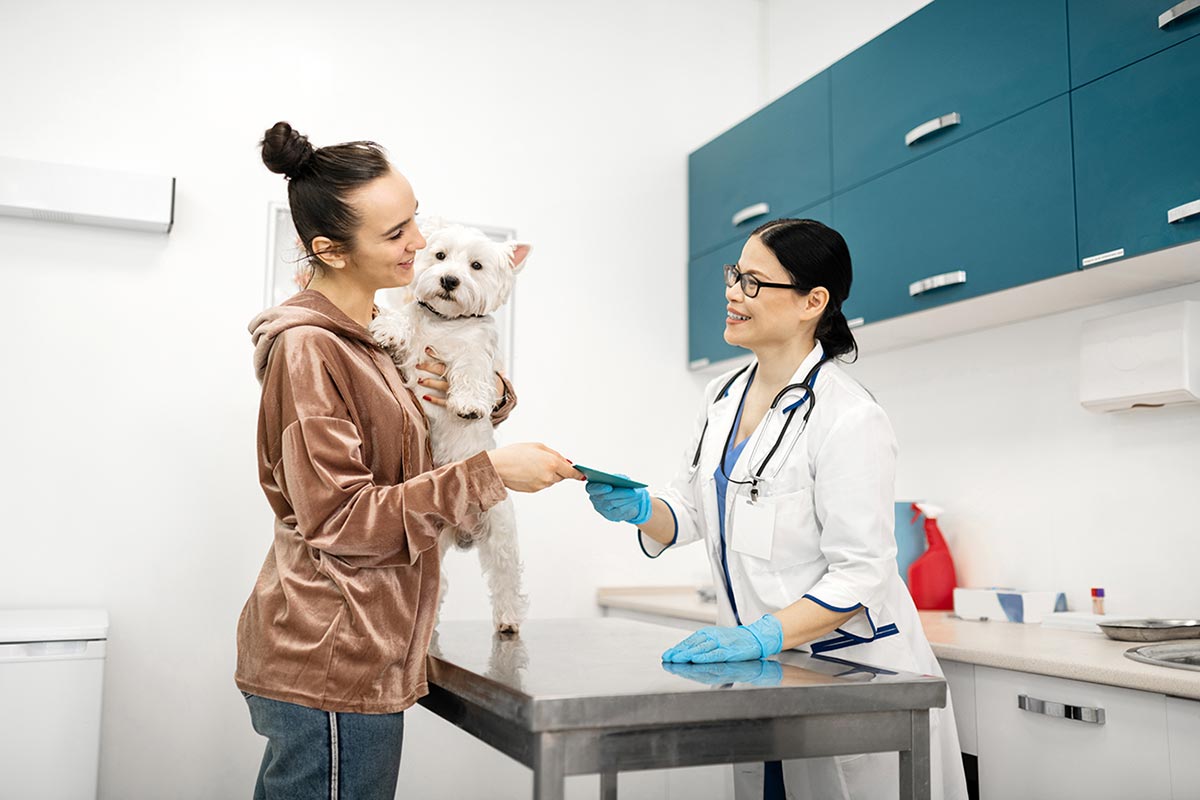Hello, everyone! I’m Dr. Jaime Klimsey Pickett, and today I want to talk about a topic that is both a passion and a priority for me: the role of veterinary practices in community health education. As veterinarians, we are not only responsible for the health of animals but also have an opportunity to contribute significantly to public health through community education. Here’s how we’re making a difference, one community at a time.
Bridging Veterinary Care and Public Health
Veterinary medicine naturally overlaps with many public health issues. For example, the control of zoonotic diseases — those that can be transmitted from animals to humans — is a critical area where veterinary professionals play a pivotal role. By educating pet owners and the community about diseases like rabies, Lyme disease, and toxoplasmosis, we help minimize health risks and promote safer interactions between humans and animals.
In my practice, we regularly host educational sessions that teach pet owners about preventive care, the importance of vaccinations, and the proper handling of pets to reduce the risk of disease transmission. This initiative not only boosts animal health but also enhances community health standards.
Importance of Nutritional Education
Another key area where veterinary practices contribute significantly to community health education is nutrition — both animal and human. Proper nutrition is fundamental to good health, and this is true for pets as well. By advising pet owners on the best dietary practices for their animals, we indirectly foster a broader awareness about nutritional health that can extend to human habits.
We often collaborate with local nutritionists and dieticians to organize workshops that cover both human and pet nutrition. These events serve as a great platform for discussing the interdependence of health within households, stressing how a healthy diet can benefit all members of the family, including the furry ones.
Tackling the Emotional and Psychological Well-being
The mental health benefits of owning pets are well-documented. Pets can reduce stress, anxiety, and depression among other benefits. In our veterinary practice, we educate pet owners about the psychological advantages of pet ownership and how to manage the responsibilities that come with it.
Moreover, we discuss the signs of psychological distress in pets, which can often mirror human conditions. Educating our community about these aspects helps in creating an environment where the well-being of all — both humans and animals — is a shared priority.
Preventive Measures and Regular Health Checks
Preventive care is another critical area where veterinary practices impact community health. Regular health checks for pets can prevent diseases that could otherwise spread within communities. By advocating for and providing affordable preventive care, we help maintain the overall health of the community’s pet population, which in turn supports public health.
Our clinic participates in community health fairs where we offer free or low-cost health screenings for pets. These events are not only an opportunity to catch and prevent diseases early but also serve as an educational platform to discuss the importance of regular health checks.
The Future of Veterinary Involvement in Community Health
Looking ahead, I believe the role of veterinarians in community health education will only grow. There is immense potential for veterinary practices to be at the forefront of public health advocacy, particularly in areas with limited medical resources.
Our practice is exploring partnerships with public health officials to develop broader health initiatives that include both human and veterinary health components. We are also leveraging technology to reach wider audiences by creating online resources and virtual workshops that can be accessed by the entire community.
Conclusion
As veterinarians, we have a unique opportunity and responsibility to extend our influence beyond the clinic and into the community. By educating the public about zoonotic diseases, nutrition, mental health, and preventive care, we play a crucial role in improving both human and animal health. It’s a role I embrace wholeheartedly, and I encourage my fellow veterinary professionals to consider how they can also contribute to community health education in their practices.
By investing in community health education, we not only enrich our profession but also contribute to healthier, more informed communities where both people and pets thrive together. Let’s continue to expand our reach and impact, one educational initiative at a time.
